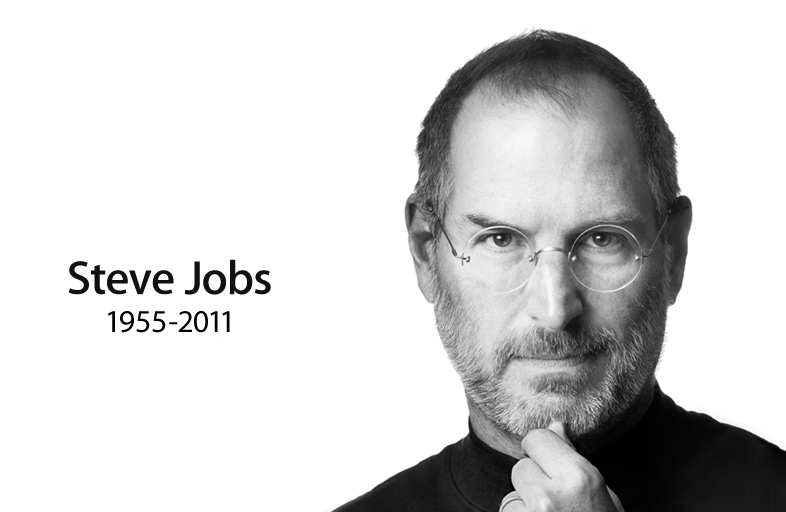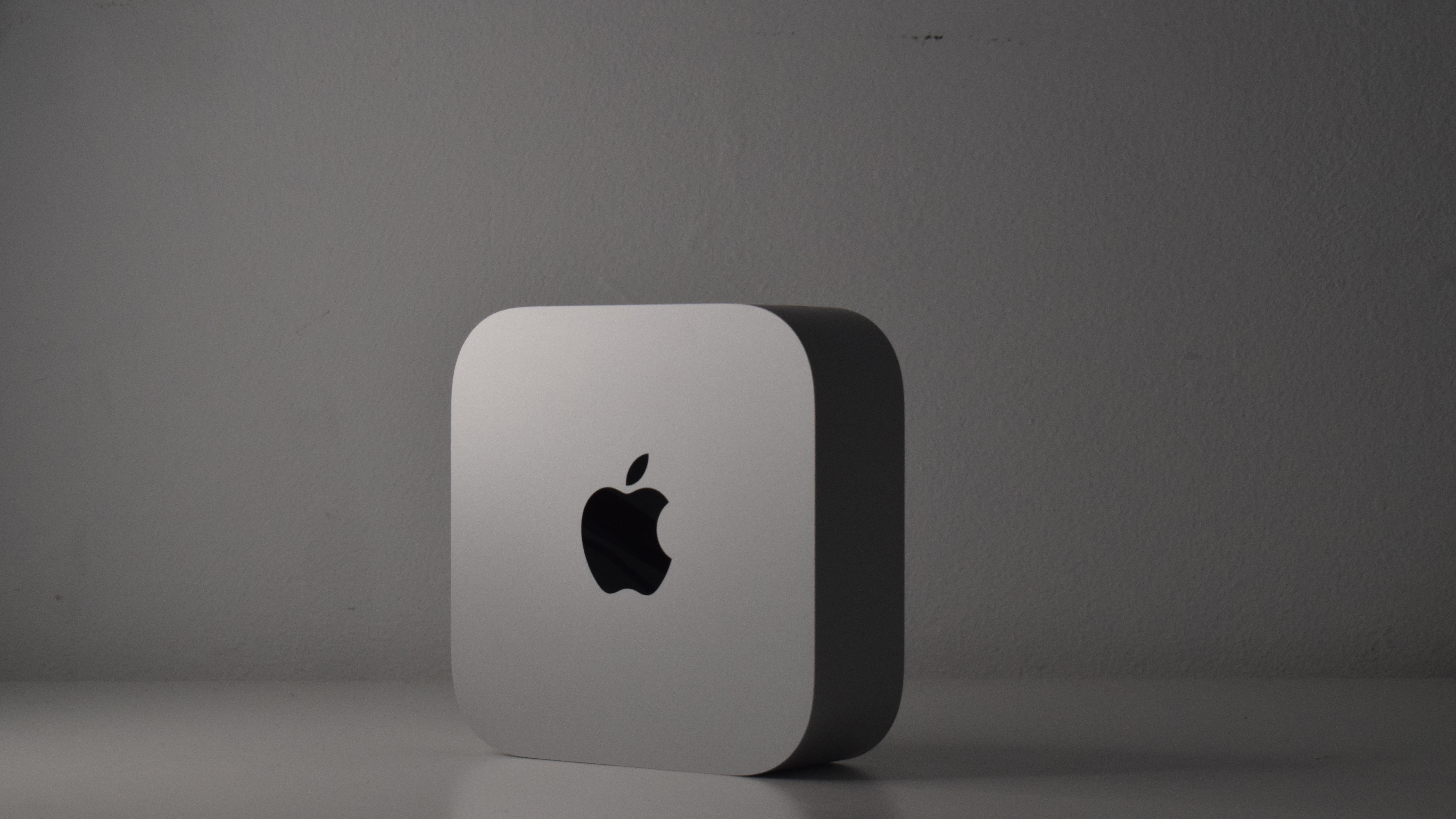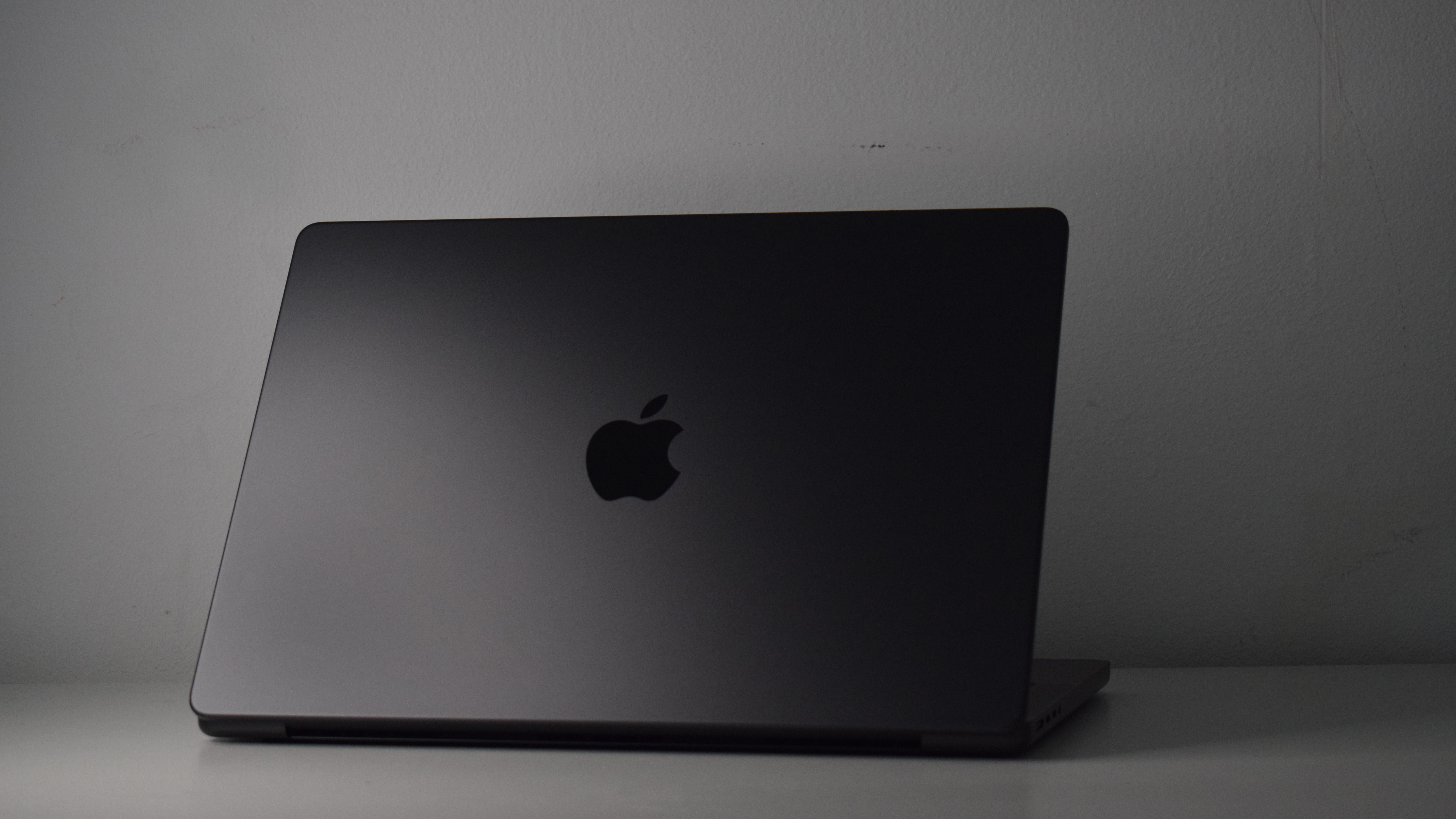Steve Jobs dies aged 56
The Apple co-founder dies at the age of 56 as the tributes to the great man flood in from across the globe.

Steve Jobs, the co-founder and former CEO of Apple, has died at the age of 56.
Tributes have been pouring in from around the globe, with US President Barack Obama saying the world had lost "a visionary."
Microsoft chairman Bill Gates said he would miss Jobs "immensely," adding the man who created Apple with Steve Wozniak in 1976 had a "profound impact on the tech world."
Apple's homepage simply contains a picture of Jobs, accompanied by his name and living years (1955-2011).
"Apple has lost a visionary and creative genius, and the world has lost an amazing human being," the company said on a special page dedicated to Jobs.
"Those of us who have been fortunate enough to know and work with Steve have lost a dear friend and an inspiring mentor. Steve leaves behind a company that only he could have built, and his spirit will forever be the foundation of Apple."
The early years
Sign up today and you will receive a free copy of our Future Focus 2025 report - the leading guidance on AI, cybersecurity and other IT challenges as per 700+ senior executives
Jobs did not have a typical American childhood. Born in 1955 to university students Joanne Schieble and Syrian-born Abdulfattah Jandali, Jobs was immediately put up for adoption and was subsequently taken in by a Californian couple.
He went on to enjoy a diverse adolescence, in which he had a summer job at HP and later went on to work at Atari, where his precocious talents matured.
Apple has lost a visionary and creative genius, and the world has lost an amazing human being.
After dropping out of college to travel to India where he would adopt Buddhism as his main religion something that would shape his philosophy for the rest of his life he founded Apple with school friend Wozniak in 1976. The first Apple computer was released that year.
The man who made Apple
Despite being thrown out of his own company in 1985, Jobs continued to influence the technological world. He established his own computer company NeXT, the technology of which would form the foundation of the Mac OS X. In 1986, he bought animation giant Pixar.
Ten years later, Apple welcomed him back amidst serious financial troubles and, in 1997, he became CEO. After that, he led Apple to become the hugely successful company it is now.
He oversaw the creation of now iconic devices, including the iPod, the iPhone and the iPad, as well as the massively popular range of iMacs and MacBooks.
The company now has an estimated market value of 227 billion and is the world's most valuable technology company.
Jobs became the face of Apple, presenting all the company's major launch events in his charismatic style.
His management style epitomised control. Tales of Jobs walking out halfway through interviewing job candidates or telling employees their work was not good enough within minutes of seeing it have become the thing of legend.
He was criticised by some for enforcing the so-called "walled garden" approach at Apple, making it more difficult for developers to get their apps on the App Store.
Yet Apple has gained millions upon millions of fans, leading some to compare the company to a cult.
Ill health
Jobs has suffered from health problems since 2004, when he announced he was suffering from pancreatic cancer.
In 2009, he had a liver transplant and took medical leave. He returned to the company only to take another leave at the start of 2011.
Although he was on hand to introduce the iPad 2 in March, he resigned as CEO in August, handing over the reins to the then COO Tim Cook.

Tom Brewster is currently an associate editor at Forbes and an award-winning journalist who covers cyber security, surveillance, and privacy. Starting his career at ITPro as a staff writer and working up to a senior staff writer role, Tom has been covering the tech industry for more than ten years and is considered one of the leading journalists in his specialism.
He is a proud alum of the University of Sheffield where he secured an undergraduate degree in English Literature before undertaking a certification from General Assembly in web development.
-
 Will autonomous robotics leap forward in 2026?
Will autonomous robotics leap forward in 2026?In-depth Connectivity and cost benefits remain barriers, despite breakthroughs in physical AI
-
 AWS and NTT Data team up to drive legacy IT modernization in Europe
AWS and NTT Data team up to drive legacy IT modernization in EuropeNews Partnership between AWS and NTT DATA aims to boost AWS European Sovereign Cloud capabilities
-
 The Apple Mac Mini M4 is an affordable powerhouse that's perfect for any office desk – and it's also utterly adorable
The Apple Mac Mini M4 is an affordable powerhouse that's perfect for any office desk – and it's also utterly adorableReviews A changed design, an M4 chip, and more value for money, this is probably the best mini PC available right now
-
 You will not believe the battery life on the Apple MacBook Pro 14in M4
You will not believe the battery life on the Apple MacBook Pro 14in M4Reviews A MacBook to outlast them all – the Pro comes with a cool design, intelligent features, and 20 hours of battery life
-
 Apple’s ‘carbon neutral’ Mac Mini is small and compact, but packs a mighty punch with the new M4 chips
Apple’s ‘carbon neutral’ Mac Mini is small and compact, but packs a mighty punch with the new M4 chipsNews With a pint-sized footprint only half the size of its M2 predecessor, the M4 and M4 Pro edition of the Mac Mini promises to bring an unprecedented size-to-performance ratio
-
 Driving employee experience and productivity across industries
Driving employee experience and productivity across industrieswhitepaper Monitors are an imperative in the hybrid era
-
 Forrester: Power up your hybrid workplace with monitors
Forrester: Power up your hybrid workplace with monitorswhitepaper Evolve remote work policies into work-and-learn-from-anywhere strategies
-
 How monitors deepen your employee experience and support your distributed workforce
How monitors deepen your employee experience and support your distributed workforcewhitepaper Drive business outcomes by empowering, enabling, and inspiring employees with the right monitors wherever they work from
-
 Forrester: Sustainable monitors
Forrester: Sustainable monitorswhitepaper Monitors are an imperative in the hybrid era
-
 The time has come to say arrivederci to the all-in-one PC
The time has come to say arrivederci to the all-in-one PCOpinion Laptops and desktops do it better, faster, smaller, lighter, so what need is there for a jack of all trades?
